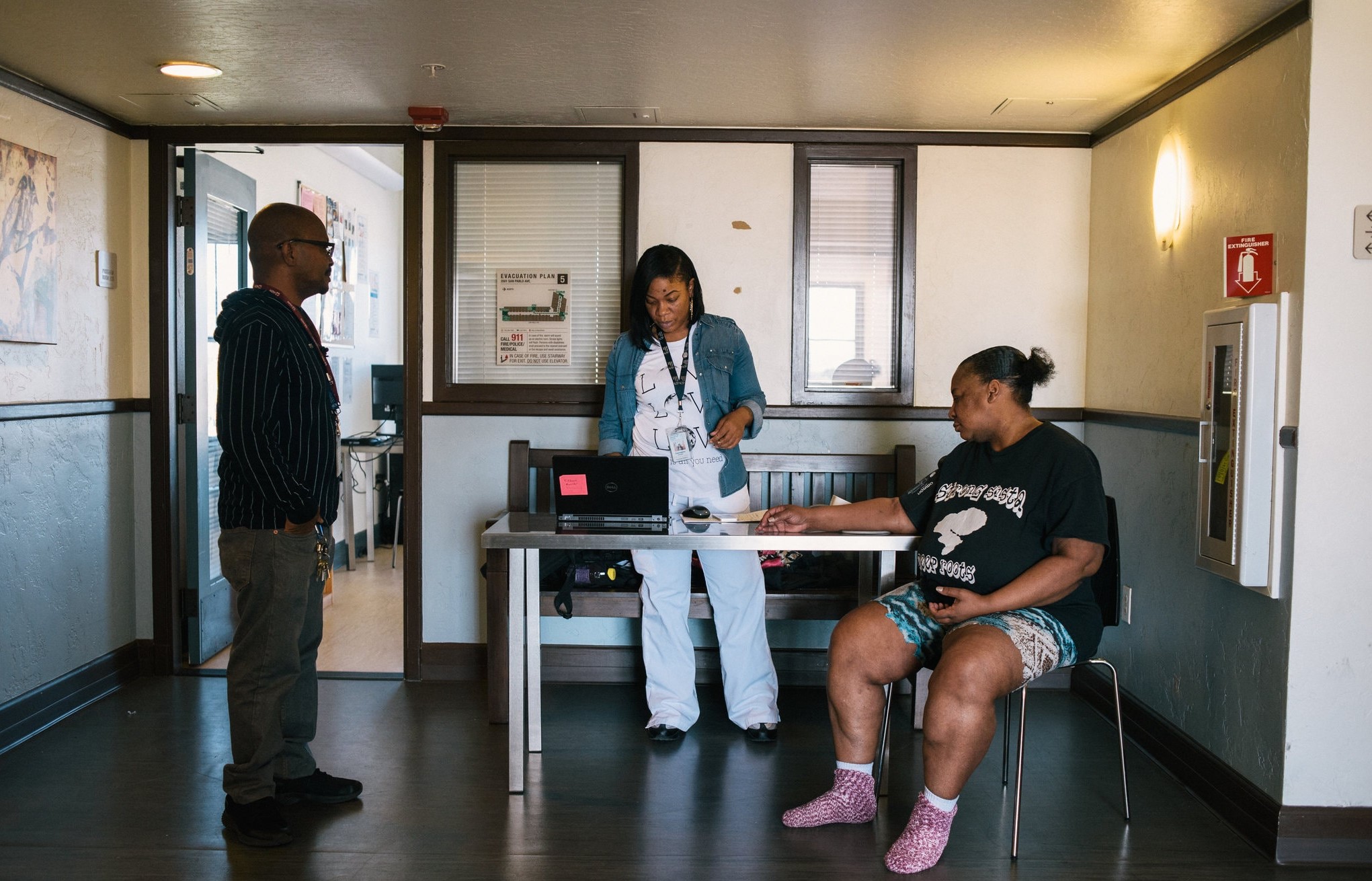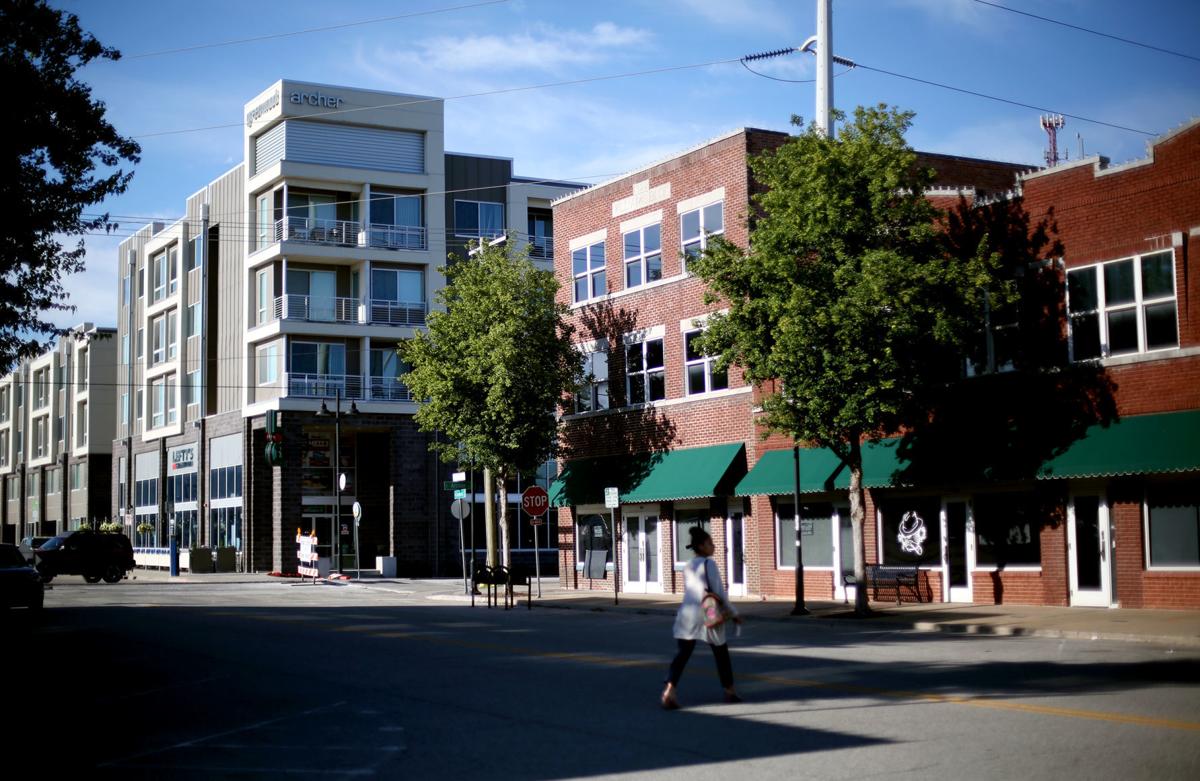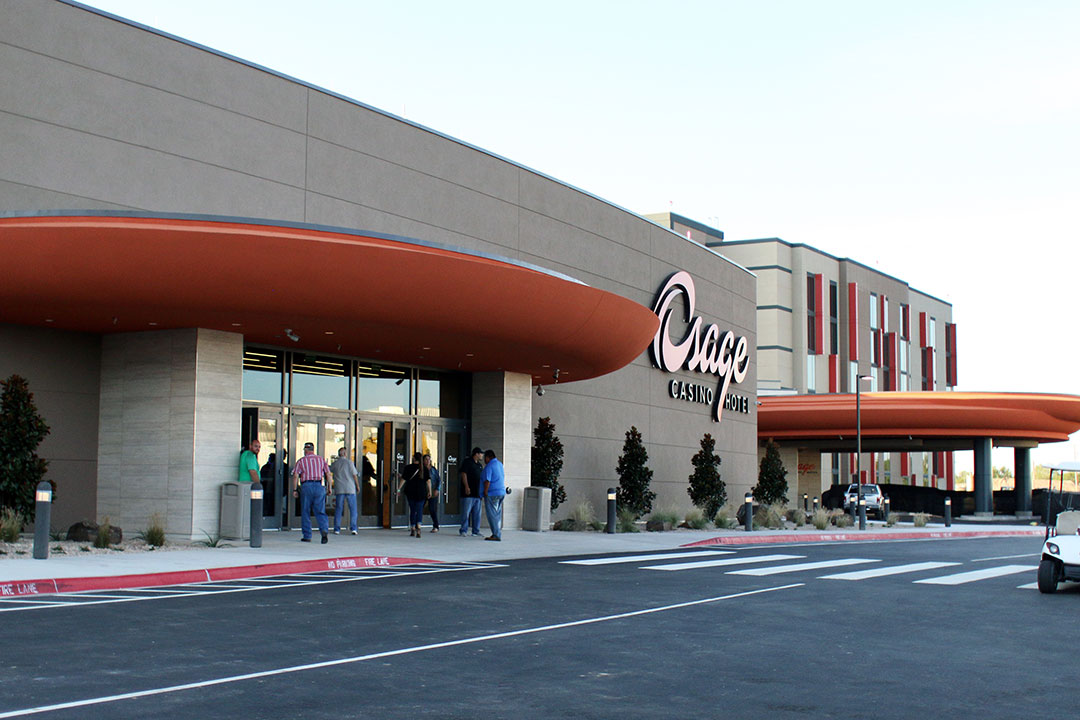
By John Eligon
An outbreak could devastate low-income black and Latino communities that, even in the best of times, face serious medical challenges.
Several days had passed since the congestion in her chest left her feeling suffocated and racing to the emergency room. Now, Lisa McClendon, 64, was trying to level with her respiratory therapist about why her asthma had flared up again.
In recent months, she explained from her cramped studio apartment in downtown Oakland, Calif., the money from Uber driving had not been enough to buy the nutritional supplements that help to keep her asthma under control. The therapist, Rochelle Allen, heard things like this often. She mostly treats African-Americans like Ms. McClendon who struggle to make ends meet, and whose health problems can be exacerbated by social factors like a lack of insurance, healthy food options and recreational opportunities.
But Ms. Allen also saw another culprit in the asthma attack.
“You have to use your controller,” she said, waving an orange inhaler that Ms. McClendon was not using twice a day as instructed.
“I’m working to get off of these drugs,” Ms. McClendon said, adding that she preferred natural remedies. “I don’t trust the medical establishment.”
Even in the best of times, low-income minorities can face daunting health and medical issues. Many public health experts now fear a potentially dire situation: If the novel coronavirus becomes an epidemic in the United States, it could exacerbate the vulnerabilities of resource-strapped minorities and cause devastating consequences.
Not only would the disproportionately high rates of disease and illness among those populations make them particularly vulnerable if infected by the virus, but living in dense apartment buildings and using public transportation can also increase the risk of transmission. There is also the issue of distrust, especially among African-Americans, of a medical system with a history of mistreating and exploiting them.
“This definitely can be really bad for our community,” said Dominica Zone, the manager of the LifeLong East Oakland Health Center, a medical clinic and wellness facility with a patient population that is mostly black and low income.
The challenges of treating low-income minorities were evident on a recent afternoon when Ms. Allen set out into the community to meet with patients. As a respiratory therapist for LifeLong and Sutter Health, she works out of a tiny windowless office in the East Oakland Health Center, which is tucked in a gray building in the back of a strip mall, next to a busy bingo hall.
Just reaching her patients can sometimes be the hardest thing. She gets referrals from hospitals of low-income black patients with asthma problems, and attempts to follow up with people for checkups after they are discharged.
Messages can go unreturned for months. Some people do not have steady cellphone plans. Others are always on the move without a place to live. And still others lack transportation.
So Ms. Allen, with 22 years of experience, often sets out to meet patients where they are.
As she headed on Wednesday to see Ms. McClendon, an issue came up with another patient. Sandra Blackshear, 52 and homeless, called to say she needed a ride to a pharmacy on the other end of town to pick up her medication. Ms. Allen told her she would try to arrange for a social worker to help her, and they could discuss it when she came to see Ms. Blackshear later that afternoon for a scheduled treatment.
Ms. Allen arrived at the Claridge Hotel, a pale yellow, six-story, single-room-occupancy building where Ms. McClendon lived, and took new precautions because of the coronavirus. She draped a yellow gown over her black blazer and moss green bunted skirt. She tucked her hair beneath a blue head cover and slid on a pair of goggles.
Dangers, she believed, lurked everywhere: the elevator buttons that get pressed by finger after unwashed finger; the communal toilets and showers. Ms. McClendon’s unit, about the size of a dorm room, was steamy with little airflow even with the lone window open on a sunny afternoon.
“Since she’s so sensitive, I would be concerned if she got it,” Ms. Allen said. “I don’t think she would do well.”
Ms. Allen’s main goal was to get Ms. McClendon to take her medication regularly to avoid hospitalization.
“The hospital is the dirtiest place there is,” she said. “All the germs are there.”
In California, black adults ages 18 to 39 are hospitalized for preventable asthma problems more than four times as often as white asthma sufferers.
Ms. McClendon, who goes to the emergency room about once a month because of her asthma, conceded that she was “being a bad girl” and not taking her orange inhaler, Flovent, daily. The medication is meant to help keep her airways clear and reduce hospitalizations. She was in the process of getting Medicare but did not go to the doctor for regular checkups.
She promised Ms. Allen to be better about taking the inhaler — for now. A vegan who believes in herbal medicine, Ms. McClendon insisted that once she got her nutrition right, that would be enough to keep her asthma from flaring up. Still, she does worry about the coronavirus, she said. She is using hand sanitizer more and regularly disinfects her car, which she uses to drive for Uber 10 to 12 hours a day, six days a week.
“I know that if I’m not eating right, I’m going to get congested and then I will be a perfect breeding ground for the virus,” she said.
Ms. Blackshear, whom Ms. Allen met later on a sidewalk to administer a nebulizer to help with her coughing and wheezing, had only just started hearing about the coronavirus. While living on the streets, she said, she had little access to news media.
She has heard enough to know to use hand sanitizer a lot. But she does not have the luxury of staying away from people — she needs public transit to get around and sometimes sleeps in homeless encampments. Homeless for the past five years since reporting her former partner for domestic violence, Ms. Blackshear said she had not been able to work because of her asthma and mental health and substance abuse problems.
Although she comes into regular contact with the medical system, she does not necessarily trust it. She questioned whether doctors prescribed drugs to help pharmaceutical companies make money rather than to keep their patients healthy. She would be hesitant to take a coronavirus vaccine, at least initially.
“Let the guinea pigs go first,” she said. “You don’t know what it’s going to do to you.”
That is a common barrier for African-Americans in disease outbreaks, said Dr. Michael A. LeNoir, a pediatrician and allergist who runs a public health clinic in Oakland under the LifeLong umbrella.
“The biggest problem we face is the attitude of people in our community about infectious diseases, especially about how they’re managed,” said Dr. LeNoir, the former president of the National Medical Association, a trade organization for African-American physicians.
Another issue is that many people do not have the bandwidth to pay attention to a disease outbreak.
“There’s so much stress, if it ain’t hit you yet, you ain’t worried about it,” Ms. Allen said.
The same, in some ways, could be said for East Oakland Health Center. While staff members are bracing for a virus outbreak — figuring out things like where it would isolate sick patients and who would get masks — there are more immediate concerns.
Most of the nearly 4,000 patients it served over the last year came from East Oakland ZIP codes where 8 percent of the population is unemployed, double the statewide figure, and 18 percent of families live in poverty, compared with 10.4 percent statewide. The median household income is $53,000, a quarter lower than the state’s median.
Those social ills mean the staff is often asked to provide more than just medical care. With a patient population that is more than half black, the clinic tries to project an uplifting message. Framed black-and-white photos of black community members grace the walls. Black faces are emblazoned on a chart that patients use to describe their moods. And Ms. Zone, who wears earrings that say “Black Lives Matter,” will step in to help solve life problems. She spent much of one recent day helping a homeless patient with psychiatric problems find a place to sleep that night.
“My focus can’t be on the one thing,” she said of coronavirus. “There are so many other things going on with our patients.”
Coronavirus in the United States
In the U.S., More Than 300 Coronavirus Cases Are Confirmed March 6, 2020
How to Prepare for the Coronavirus March 1, 2020
John Eligon is a Kansas City-based national correspondent covering race. He previously worked as a reporter in Sports and Metro, and his work has taken him to Nelson Mandela’s funeral in South Africa and the Winter Olympics in Turin. @jeligon
A version of this article appears in print on March 8, 2020, Section A, Page 14 of the New York edition with the headline: For Urban Poor, the New Virus Complicates Existing Risks. Order Reprints | Today’s Paper | Subscribe
The Coronavirus Outbreak
- How Is the U.S. Being Affected?
Updated March 9, 2020
- The nation has at least 545 cases across 34 states, and 22 people have died. We are tracking every case.
- Cut off from their relatives inside the virus-stricken nursing center in Kirkland, Wash., families are frantically searching for help and basic information.
- A cruise ship with thousands of people on board was being held off the coast of California.
- Many health care workers say they lack protective gearand protocols to keep themselves and their patients safe.
- Six Americans who have tested positive spoke to The Times about their experiences.
- Coronavirus is already being viewed through a partisan lens. Public health officials say that injecting politics into the growing outbreak could make it harder to fight.
- An outbreak would test the American education system. Few schools have detailed plans to teach online if schools were closed for long periods.
- Most experts agree: To protect yourself wash your handsand avoid touching your face.
- For an informed guide to the outbreak, sign up for our coronavirus newsletter.









